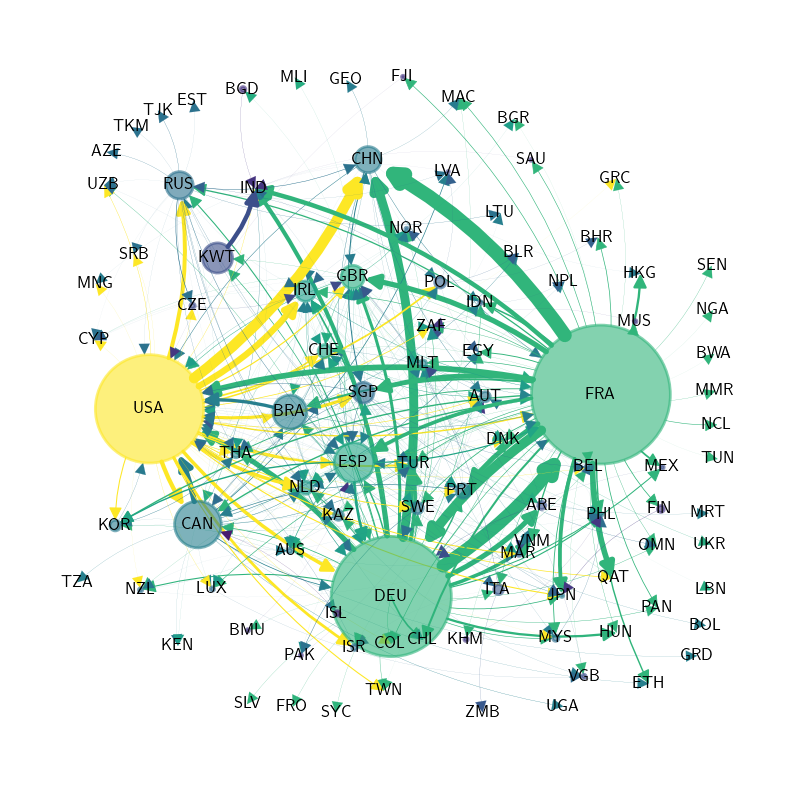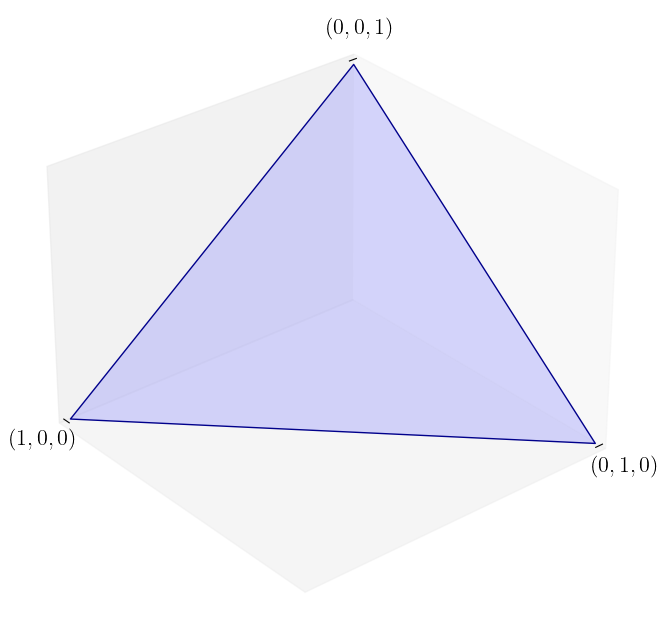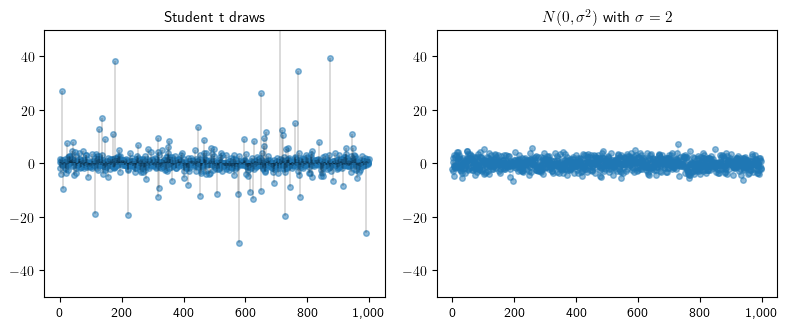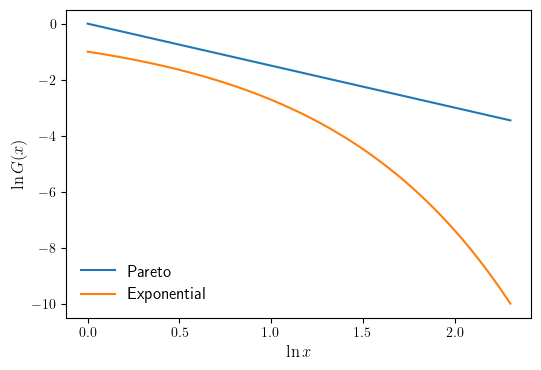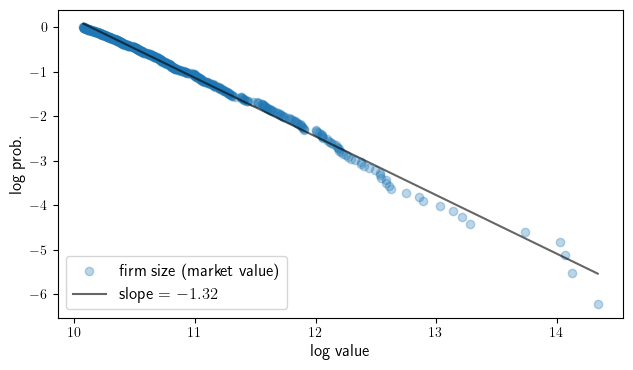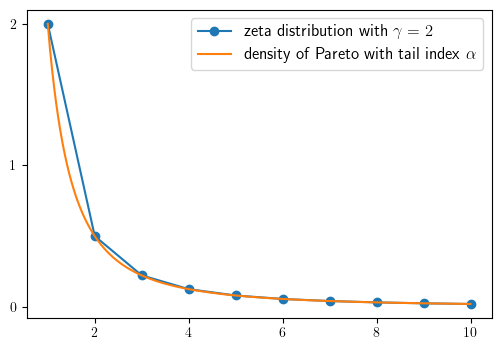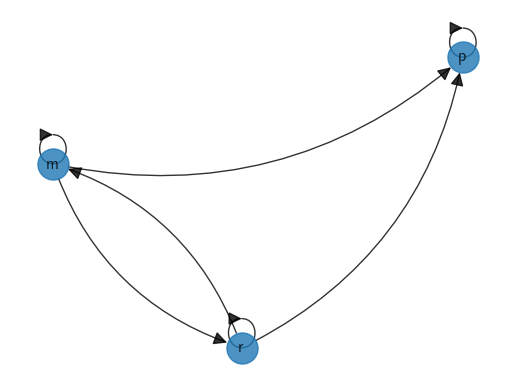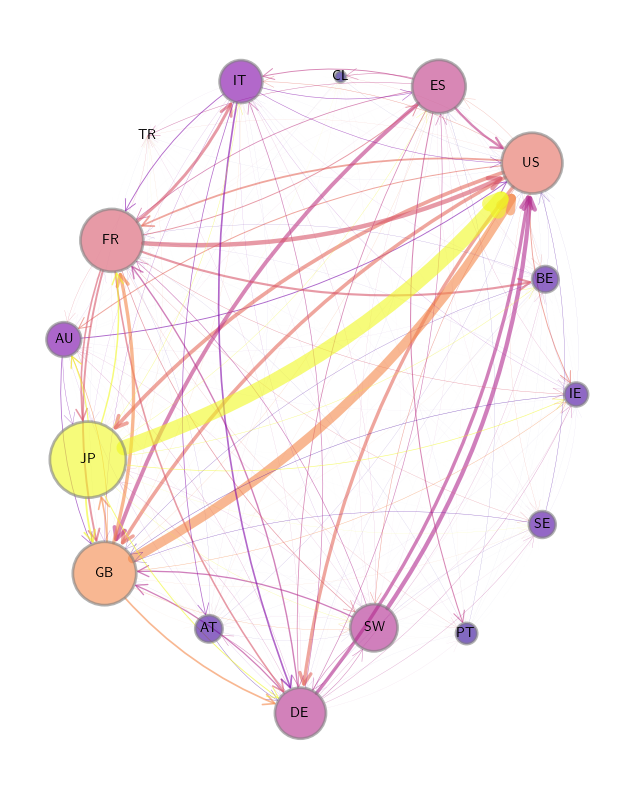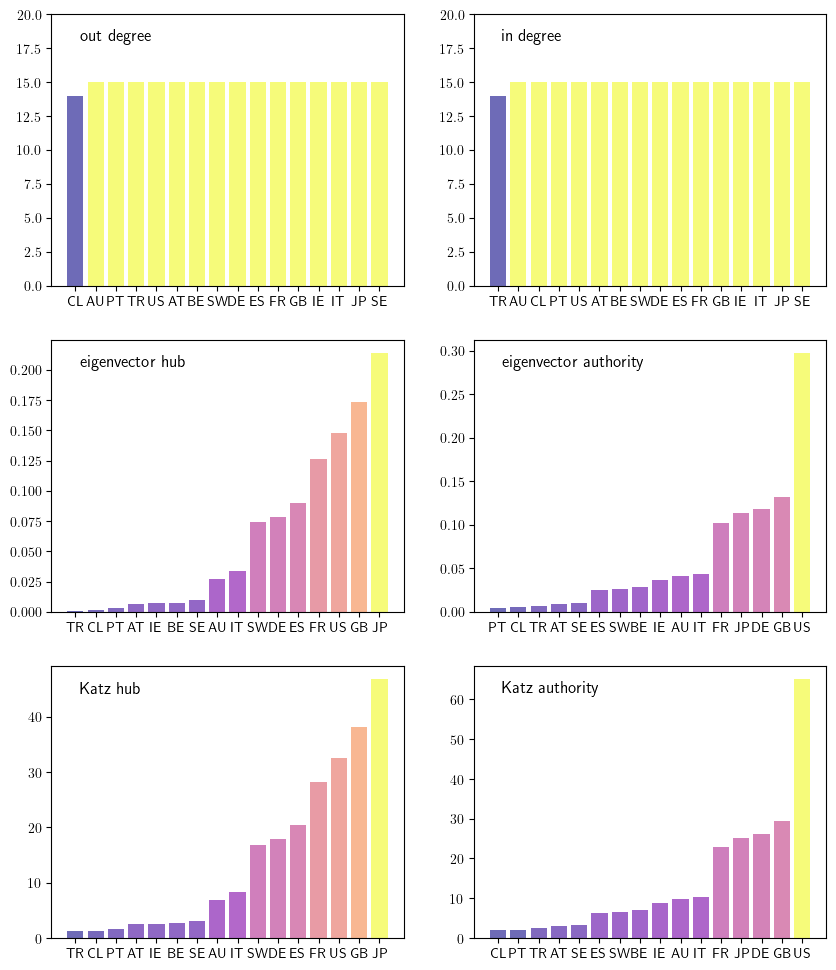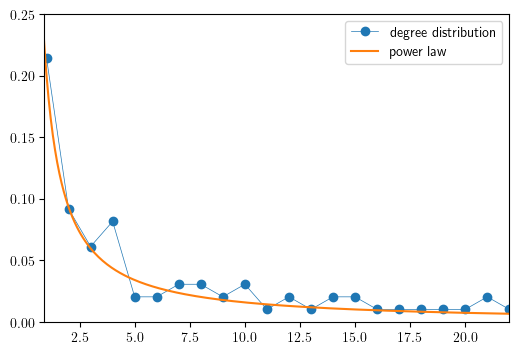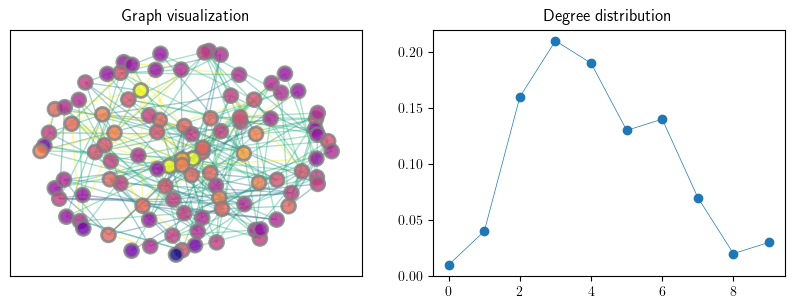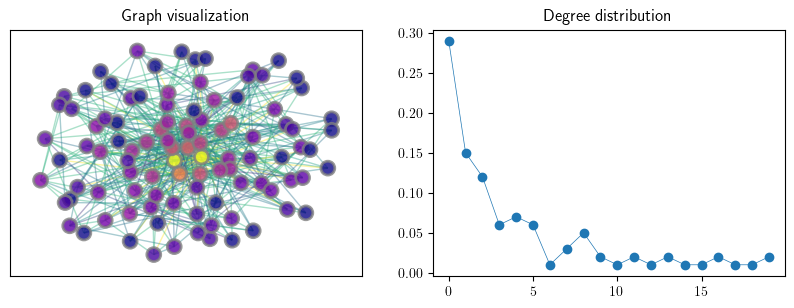What is quantum computing?
lFip a coin. Heads or tails, right? Sure, once we see how the coin lands. But while the coin is still spinning in the air, it’s neither heads nor tails. It’s some probability of both.
This gray area is the simplified foundation of quantum computing.
Digital computers have been making it easier for us to process information for decades. But quantum computers are poised to take computing to a whole new level. Quantum computers represent a completely new approach to computing. They have the potential to solve very complex statistical problems that are beyond the limits of today’s computers. Quantum computing has so much promise and momentum that McKinsey has identified it as one of the next big trends in tech. Quantum computing alone—just one of three main areas of emerging quantum technology—could account for nearly $1.3 trillion in value by 2035. Investors of all kinds are perking up their ears—and opening up their wallets: government investors alone have pledged $34 billion in investments. In 2022, the US government announced $1.8 billion in funding, bringing its total investment to $3.7 billion.
How does a quantum computer work?
Here’s how quantum computing works: classical computing, the technology that powers your laptop and smartphone, is built on bits. A bit is a unit of information that can store either a zero or a one. By contrast, quantum computing is built on quantum bits, or qubits, which can store zeros and ones. Qubits can represent any combination of both zero and one simultaneously—this is called superposition, and it is a basic feature of any quantum state. Chips are the physical hardware that store qubits, just like in classical computing.
When a classical computer solves a problem with multiple variables, it must conduct a new calculation every time a variable changes. Each calculation is a single path to a single result. Quantum computers, however, can explore many paths in parallel through superposition.
Additionally, qubits can interact with one another. This is known as entanglement. Entanglement allows qubits to scale exponentially; two qubits, for example, can store and process four bits of information, three can process eight, and so on. This exponential scaling gives the quantum computer much more power than classical computers.
Heavyweight tech organizations are already placing bets on quantum technology. In 2019, Google claimed that its quantum computer had solved in just 200 seconds a problem that would have taken a classical computer 10,000 years (although other tech organizations and academics have surfaced doubts about the validity of Google’s claim).
Even if Google’s claim was accurate, the achievement was more of a theoretical leap forward than a practical one since the problem its quantum computer solved had no real-world use. But we’re rapidly approaching a time when quantum computers will have a real impact on our lives.
What are quantum computers used for?
When will quantum computers be available?
Over the next few years, the major players in quantum computing, as well as a small cohort of start-ups, will steadily increase the number of qubits that their computers can handle and improve how the technology functions. Progress in quantum computing, however, is expected to remain slow. According to our conversations with tech executives, investors, and academics in quantum computing, 72 percent believe we’ll see a fully fault-tolerant quantum computer by 2035. The remaining 28 percent think this milestone won’t be reached until 2040 or later.
But some businesses will begin to derive value from quantum well before then. At first, businesses will receive quantum services via the cloud. Several major computing companies have already announced their quantum cloud offerings.
What are some obstacles that impede the development of quantum computing?
One major obstacle to the advancement of quantum computing is that qubits are volatile. Whereas a bit in today’s classical computers is in a state of either one or zero, a qubit can be any possible combination of the two. When a qubit changes its status, inputs can be lost or altered, throwing off the accuracy of the results. Another obstacle to development is that a quantum computer operating at the scale needed to deliver significant breakthroughs will require potentially millions of qubits to be connected. The few quantum computers that exist today are nowhere near that number.
Here are some other challenges facing the technologies that could support quantum computing at scale:
- High-fidelity two-qubit gates at scale. Maintaining high fidelity (meaning accuracy and reliability greater than 99.99 percent) is required for fault-tolerant quantum computers. Doing so at scale will be difficult.
- Speed. Qubits need to retain their quantum state to be able to interact with one another. Even in specific environmental conditions, they will eventually degrade. For quantum computers to operate at scale, gate operations will need to move very quickly to complete computations before qubits degrade.
- Multiqubit networking. Connecting, or networking, qubits to one another could theoretically make quantum computers much more powerful. The key challenge here is connecting qubits across chips, or from one physical quantum computer to anothe
- Individual qubit control at scale. The control of individual qubits becomes increasingly complex as the number of qubits increases.
- Cooling power and environmental control. As quantum computers become larger, the size and power requirements of the cooling equipment become more and more expensive, from both a cost and an environmental standpoint. Currently, powering a quantum computer large enough to connect millions of qubits is cost prohibitive.
- Manufacturability. Producing large numbers of quantum computers will require automating both the manufacturing and testing processes. The production of certain quantum computers may require developing entirely new manufacturing techniques.
How can classical computers and quantum computers work together?
Slowly, at first. Initially, quantum computing will be used alongside classical computing to solve multivariable problems. One example? Quantum computers can narrow the range of possible solutions to a finance or logistics problem, helping a company reach the best solution faster. This kind of slower progress will be the norm until quantum computing advances enough to deliver more significant breakthroughs
What are some potential business use cases for quantum computers?
Quantum computers have four fundamental capabilities that differentiate them from today’s classical computers:
- Quantum simulation. Quantum computers can model complex molecules, which may eventually help reduce development time for chemical and pharmaceutical companies. Scientists looking to develop new drugs need to examine the structure of a molecule to understand how it will interact with other molecules. It’s almost impossible for today’s computers to provide accurate simulations, because each atom interacts with other atoms in complex ways. But experts believe that quantum computers are powerful enough to eventually be able to model even the most complex molecules in the human body. This opens up the possibility for faster development of new drugs and new, transformative cures.
- Optimization and search. Every industry relies in one way or another on optimization. Where are robots best placed on a factory floor? What’s the shortest route for a company’s delivery trucks? There are almost infinite questions that need to be answered to optimize for efficiency and value creation. With classical computing, companies must make one complicated calculation after another, which can be a time-consuming and costly process given the many potential variables of a situation. Since a quantum computer is able to work with multiple variables simultaneously, it can be used to quickly narrow the range of possible answers. From there, classical computing can be used to zero in on one precise answer.
- Quantum AI. Quantum computers have the potential to work with better algorithms that could transform machine learning across a diverse range of industries, from automotive to pharmaceuticals. In particular, quantum computers could accelerate the arrival of self-driving vehicles. Companies like Ford, GM, Volkswagen, and numerous mobility start-ups are running video and image data through complex neural networks. Their goal? To use AI to teach a car to make crucial driving decisions. Quantum computers’ ability to perform multiple complex calculations with many variables simultaneously allows for faster training of such AI systems.
- Prime factorization. Businesses today use large, complex prime numbers as the basis for their encryption efforts, numbers too large for classical computers to process. Quantum computing will be able to use algorithms to solve these complex prime numbers easily, a process called prime factorization. (In fact, a quantum algorithm known as Shor’s algorithm theoretically already can; there’s just not a computer powerful enough to run it.) Once quantum computers have advanced enough, new quantum-encryption technologies will be needed to protect online services. Scientists are already at work on quantum cryptography to prepare for this eventuality. McKinsey estimates quantum computers will be powerful enough for prime factorization by the late 2020s at the very earliest.
- As these capabilities develop at pace with quantum computing power, use cases will proliferate
What industries stand to benefit the most from quantum computing?
Research suggests that several industries in particular stand to reap the greatest short-term benefits from quantum computing based on the use cases discussed in the previous section. Collectively—and conservatively—the value at stake for these industries could be in the trillions of dollars.
- Pharmaceuticals. Quantum computing has the potential to revolutionize the research and development of molecular structures in the biopharmaceuticals industry. With quantum technologies, research and development for drugs could become less reliant on trial and error, and therefore more efficient. (Read more on how quantum computing stands to affect the pharmaceutical industry.)
- Chemicals. Quantum computing could be used to improve catalyst design, which could enable savings on existing production processes. Innovative catalysts could also enable the replacement of petrochemicals with more sustainable feedstock or the breakdown of carbon for CO2 usage. (Read more on how quantum computing might affect the chemicals industry.)
- Mobility. Quantum computing could result in a mobility ecosystem that is fully connected, intelligent, and environmentally friendly. Changes depend on the rapid and smooth exchange of vast amounts of data between in-vehicle computers and computers elsewhere. Quantum computers can process these large amounts of data in ways existing computers can’t, making this type of data exchange a realistic possibility. (Read more about how quantum technologies could affect the mobility industry.)
- Automotive. Within the mobility sector, the automotive industry could benefit from quantum computing in its R&D, product design, supply chain management, production, and mobility and traffic management. For example, quantum computing could be applied to decrease manufacturing costs by optimizing complex multirobot processes including welding, gluing, and painting. (Read more about how quantum technologies could affect the automotive industry.)
- Finance. Quantum computing use cases in finance are slightly further in the future. The long-term promise of quantum computing in finance lies in portfolio and risk management. One example could be quantum-optimized loan portfolios that focus on collateral to allow lenders to improve their offerings. By the time a fault-tolerant quantum computer is available, we estimate that the use cases in finance could create $622 billion in value. (Read more about how quantum computing could affect financial services.)
